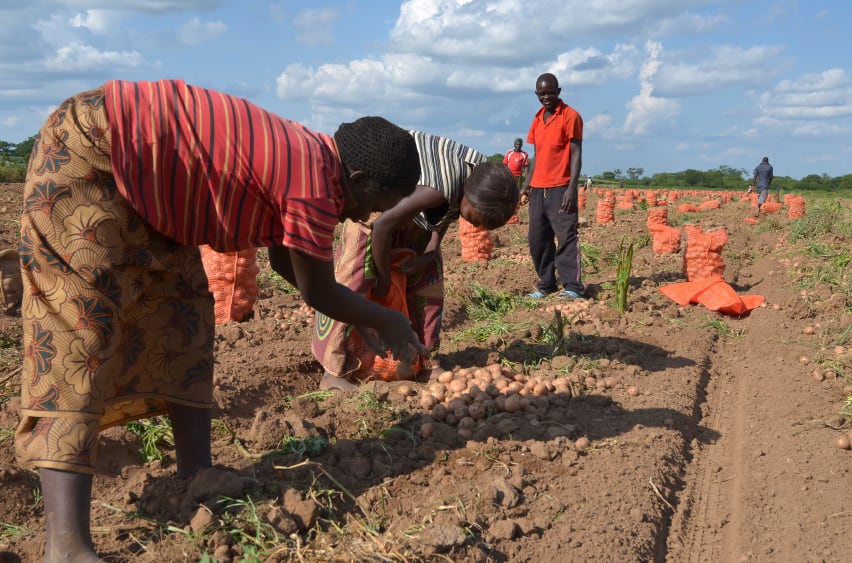In a report that evaluates the actions undertaken by food manufacturers to clean up their supply chain, the average company score, out of the 20 organisations examined, was 30 out of a possible 100.
Four companies — Fomento Economico Mexicano, Kraft Heinz, Monster Beverage, and Tyson Foods — all scored under 15 points.
"Every day we eat and drink products tainted by forced labour," said Kilian Moote, director of government consultants Know The Chain. "Workers, companies, and investors are connected to the risks of forced labour. This benchmark reveals the work that remains to be done by the food and beverage sector to root out exploitation from their supply chains."
The report also citing a 2016 update of Oxfam’s Behind the Brands campaign that stated "the Big 10 [food and beverage companies] have barely shown any improvement [from 2013] on the issue of labour rights in their supply chains."
According to Know The Chain, Much media attention has focused on Thailand and Thai companies, which face scrutiny on using forced labour in poultry production, for which the EU is the biggest export market.
Forced labour was also highlighted in Western countries, where it has been linked to food products including strawberries from Germany.
Notable findings

The assessment found leading brands such as Unilever, Coca-Cola and Nestlé scored highest in initiatives designed to stamp out forced labour.
Across seven assessment criteria, Unilever managed 65, Coca-Cola achieved 58 and Nestlé was a close third with 57.
The report credited these companies as being "ahead of their peers," being proactive in recruitment practices and workers' voice.
In addition, 17 of the 20 organisations ranked had processes in place to trace certain aspects of their supply chains, though none had achieved full traceability.
“At The Coca-Cola Company, we are aware that especially unskilled labour and migrant workers have little social protection and are vulnerable to exploitation and human trafficking,” said Brent Wilton, director of global workplace rights at The Coca-Cola Company.
"Know The Chain recognises steps we have taken to address those risks to workers in our supply chain, for example by evaluating forced labour risks in countries such as Honduras and Guatemala, and by committing that workers have access to their personal identity documents and do not have to pay recruitment fees.”
Also encouraging were the 15 organisations that had introduced labour standards into their supplier contracts although there was a lack of incentives offered to those with strong labour practices such as the prospect of long-term contracts.
The report's authors, Know The Chain are a Humanity United project dedicated to helping businesses and investors understand and address labour abuses within their supply chains.
Founded in 2013 it has provided guidance to the UK Home Office for the Modern Slavery Act. Its activities are maintained through partnerships with organisations such as Business & Human Rights Resource Centre, Sustainalytics, and Verité. Humanity United are based in San Francisco and Washington DC.
Hard and soft laws
Global momentum has resulted in legal intervention designed to address forced labour risks in the supply chain.
The United Nations' Sustainable Development Goals includes the objective to "take immediate and effective measures to eradicate forced labour [and] end modern slavery and human trafficking."
Regulatory requirements also include the Modern Slavery Act in the UK.
The Dutch government also placed requirements for government contractors in place in 2012.
